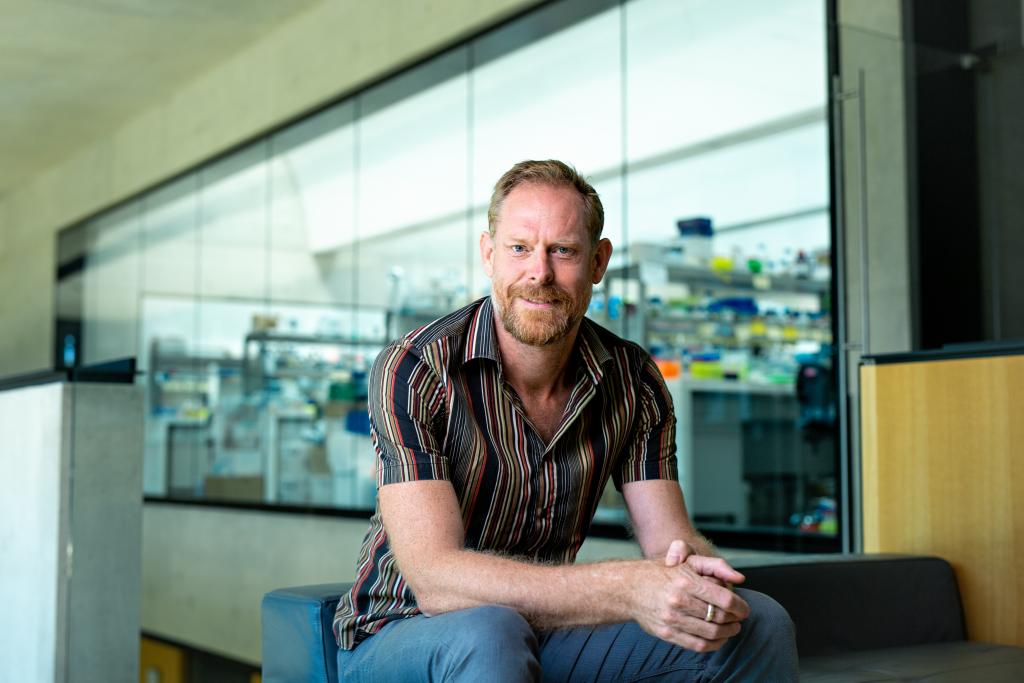Professor Giles Oldroyd has been recognised for his outstanding contributions to science in plant-microbe interactions with his election as a fellow of the Royal Society
Professor Oldroyd is the Russell R Geiger Professor of Crop Science and Director of the Crop Science Centre and Group Leader at the Sainsbury Laboratory, University of Cambridge. He leads the ENSA global collaboration studying interactions between plants and beneficial micro-organisms, both bacteria and fungi, that aid in the uptake of nutrients from the environment, especially nitrogen and phosphorus.
These microbial associations are intracellular, allowing tight control of nutrient exchange, with sources of carbon delivered to the microorganisms from the plant in exchange for nitrogen and phosphorus. Giles’ work has dissected the signal transduction pathway in plants that allows the recognition of beneficial microorganisms and the mechanisms by which plant development is modified to support these interactions.
The agricultural green revolution brought significant yield improvements for many cereal crops, primarily resulting from the ability to apply nitrogenous fertilisers. However, the yield benefits are not recognised equally across the globe and where fertilisers are used, they account for a sizable proportion of the pollution derived from agriculture. Giles is leading an international programme of research, attempting to achieve more equitable and sustainable agriculture through the enhanced use of beneficial microbial associations.
As the inaugural director of the new Crop Science Centre, an institute focused on recognising impact in agriculture, Professor Oldroyd said: “It is a real honour to join such a prestigious fellowship of scientists. I hope that my own contributions to science can in time have positive impacts on society in a manner similar to my scientific heroes from the fellowship.”

